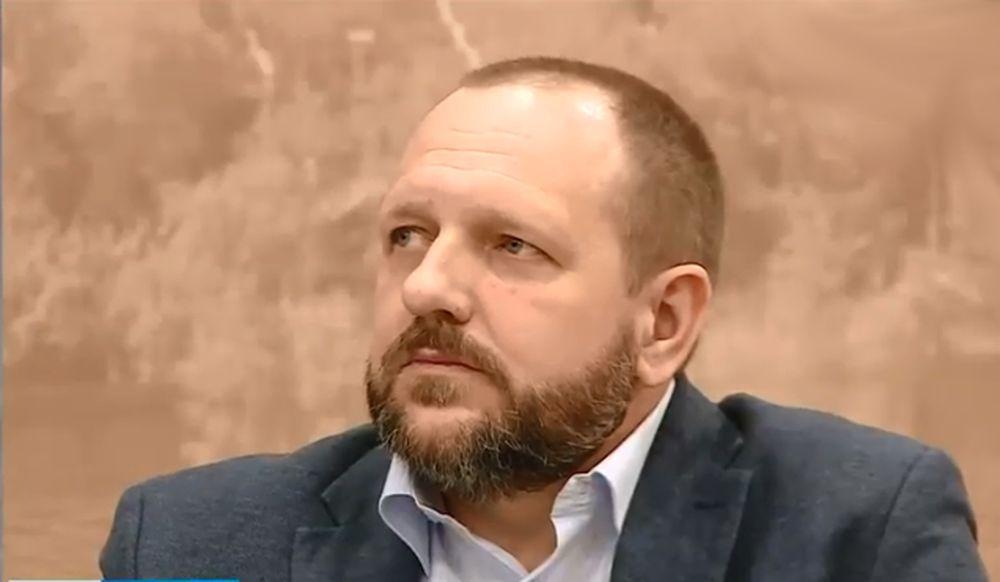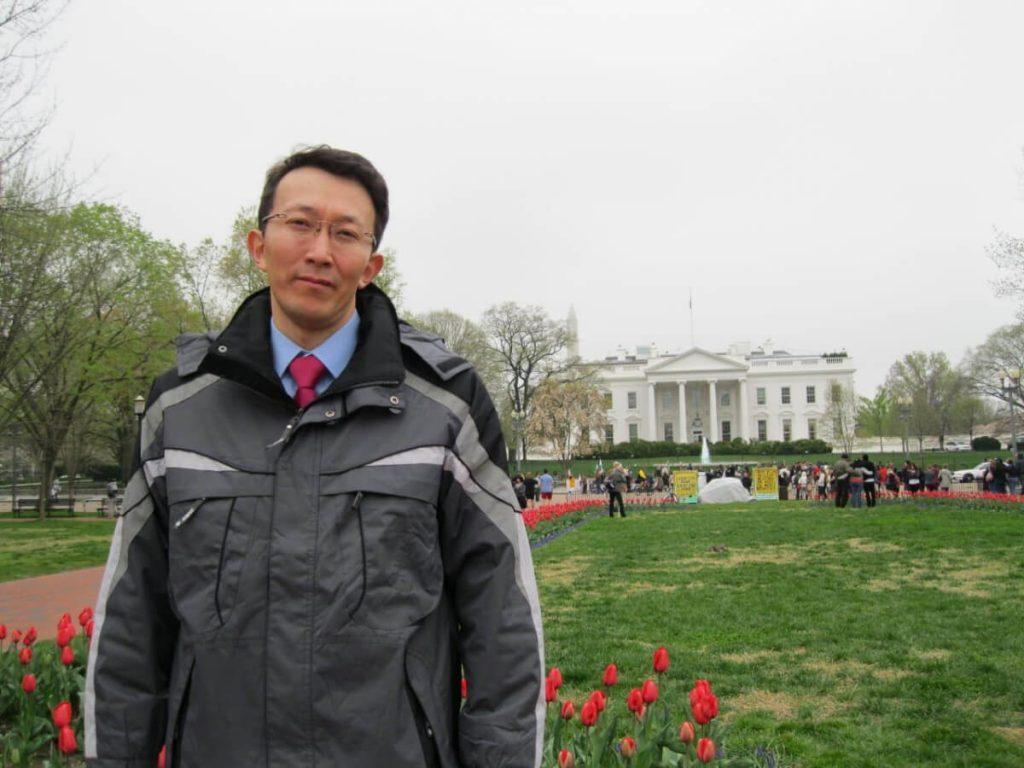Foreign Minister's claims and Armenia's stalling tactics Yerevan escalates tensions
Armenian Foreign Minister Ararat Mirzoyan has made a ludicrous statement, claiming that "Baku has yet to respond to the proposal for creating mechanisms for border incident monitoring and arms control." In doing so, he once again accuses our country of inaction. He conveniently ignores the fact that Armenia itself has frozen negotiations with Azerbaijan by refusing a high-level meeting in the UK. This is happening amid Armenia's rearmament efforts, supported openly by the West, and an increase in armed provocations by the Armenian Armed Forces.
So, what does Mirzoyan mean by "arms control"? To delve deeper into this question, a Caliber.Az correspondent reached out to international political analysts.
Russian political scientist and founder of the expert-analytical network PolitRUS, Vitaly Arkov believes that Armenian Foreign Minister Mirzoyan's statement in Nicosia is not groundbreaking; it is a familiar tactic by the Armenian authorities. It's clear that Armenia's leadership is stalling the peace process, reneging on officially undertaken obligations, inventing absurd new "circumstances," and shifting the blame onto Azerbaijan in an attempt to convince the international community that Azerbaijan is at fault.

"The question is whether this approach originates from Yerevan itself, seeking Western support to revise the outcomes of the Second Karabakh War and regain control over Karabakh under the pretext of returning the Armenian population to the region and 'caring' for them, or whether Armenia is following the directives of its new 'friends' in the West.
These Western allies aim to use Armenia to achieve their regional goals, including pressuring Azerbaijan to become more compliant and accept rules imposed by the West, which go against Azerbaijan's national interests, historical choices, and common sense," Arkov noted.
It is evident, according to him, that the West will not succeed in realizing its sinister plans. However, this does not mean it will cease efforts to pit Azerbaijan and Armenia against each other. On the contrary, the situation may escalate to the point of renewed hostilities, which is why the West is actively supplying Armenia with weapons.
"Moreover, these Western 'friends' are not committed to saving Nikol Pashinyan's regime. They believe that if he cannot control the situation in the country, there is no reason to continue dealing with a failure. It is more promising to sway a new leader in Armenia to their side or, using the chaos in the country, install another puppet. Many members of Armenia's current political elite are connected to the United States in various ways: some studied there, while others 'interned' with the CIA," Arkov added.
Understanding the complexity of his situation, as some sources in Yerevan report, Nikol Pashinyan is already making attempts to reconcile with Moscow, promising anything to maintain his grip on power. An indication of this development is the statement by Russian Foreign Ministry spokesperson Maria Zakharova, who expressed Moscow's readiness to provide Baku and Yerevan with optimal conditions to continue their dialogue and to offer comprehensive assistance in developing and signing a peace treaty.
This statement was positively received in the Azerbaijani capital. Given the balance of power, Pashinyan will have no choice but to agree to the proposed conditions," Arkov emphasized.

At the same time, Farhad Kasenov, head of the A+Analytics research center, and a Kazakh political scientist, believes that the statement made by Armenia's Foreign Minister at the joint press conference with Foreign Minister of Greek part of the Cyprus Island unfortunately indicates that after many months of contemplation and initial movement towards a peace agreement, Armenia's leadership has likely chosen once again to delay negotiations.
"Looking ahead, there are significant international logistics, manufacturing, and energy projects that will benefit all countries of the South Caucasus, including Armenia. These projects will foster economic development and political stability in a country plagued by internal conflicts.
However, it is evident that some forces are unhappy with peace and order in the South Caucasus, leading to behind-the-scenes maneuvers aimed at disrupting the peace talks. We view this with great concern, as Kazakhstan has always advocated for peaceful solutions to problems, including offering a negotiation platform for all parties involved.
I believe we can draw historical parallels that are thought-provoking, as the ideas of Enosis led to the conflict on the island of Cyprus. It is clear that the ideas of 'miatsum,' which have been championed by Armenian politicians and activists and have influenced their compatriots for many years, are similar. These ideas led to wars and human losses, setting back the development of countries for many years.
Unfortunately, the Armenian Foreign Ministry does not consider these historical parallels when making such statements. We hope that rational politicians and officials in Armenia will overcome the temptation of revanchism and guide society towards peace, creation, and prosperity," Kasenov concluded.








